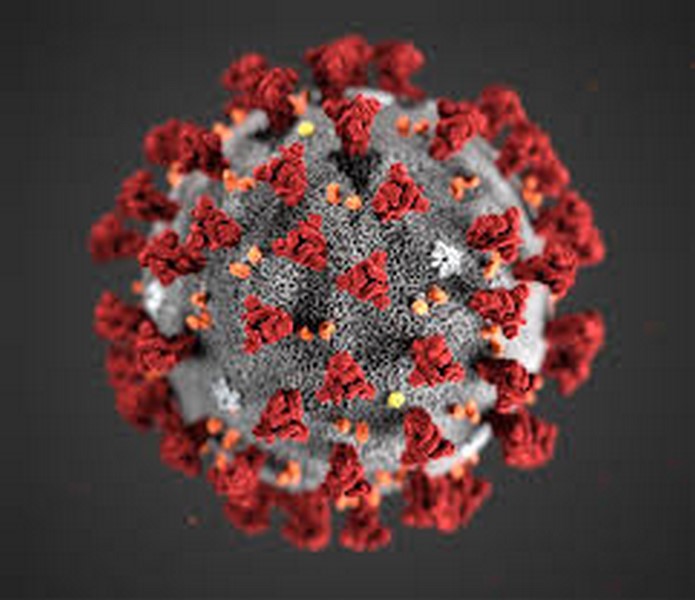According to Worldometer, there are now over three million (3,075,523) coronavirus (COVID-19) cases across the world as at Tuesday morning, April 28.
Over two hundred thousand people (211,788) have died from the virus while 925,114 have recovered.
As COVID-19 continues to spread, these are some basic facts everyone should know about the infectious disease, some of which give hope. For instance, most people (about 80%) recover from COVID-19 without needing hospital treatment.
The key facts (Q&A on coronavirus COVID-19) were provided by the World Health Organisation (WHO) to ensure people are more enlightened about the disease.
- Common symptoms
The most common symptoms of COVID-19 are fever, dry cough, and tiredness. However, some patients may have aches and pains, nasal congestion, sore throat or diarrhea.
These symptoms are usually mild and begin gradually. Some people become infected but only have very mild symptoms.
2. Recovery rate
Most people (about 80%) recover from COVID-19 without needing hospital treatment. Around one out of every five people who get COVID-19 becomes seriously ill and develops difficulty breathing. People who experience fever, cough, and difficulty breathing should seek medical attention.
3. Anyone can get infected
Anyone (children, adults, older people) can catch COVID-19 and become seriously ill. Even people with very mild symptoms of COVID-19 can transmit the virus. Older people, and those with underlying medical problems like high blood pressure, heart and lung problems, diabetes, or cancer, are at higher risk of developing a serious illness.
4. How COVID-19 spreads
People can catch COVID-19 from others who have the virus. The disease spreads primarily from person to person through small droplets from the nose or mouth, which are expelled when a person with COVID-19 coughs, sneezes or speaks. These droplets are relatively heavy, do not travel far and quickly sink to the ground. People can catch COVID-19 if they breathe in these droplets from a person infected with the virus.
5. How to avoid getting infected
Physical distancing, that is, staying at least 1 meter (3 feet) away from others, is one of the preventive measures. Washing your hands regularly with soap and water or clean with alcohol-based hand rub is another preventive method. Also, avoid going to crowded places, avoid touching eyes, nose, and mouth. Also, cover your cough with the bend of elbow or tissue. If a tissue is used, discard it immediately and wash your hands.
6. Antibiotics do not work in preventing or treating COVID-19
Antibiotics do not work against viruses; they only work on bacterial infections. COVID-19 is caused by a virus, so antibiotics do not work. Antibiotics should not be used as a means of prevention or treatment of COVID-19.
7. No vaccine, drug or treatment for COVID-19 yet
To date, there is no vaccine and no specific antiviral medicines against COVID-19. However, people, particularly those with serious illness, may need to be hospitalised so that they can receive life-saving treatment for complications. Most patients recover thanks to such care.
Possible vaccines and some specific drug treatments are currently under investigation. They are being tested through clinical trials.
Credit: Yen

